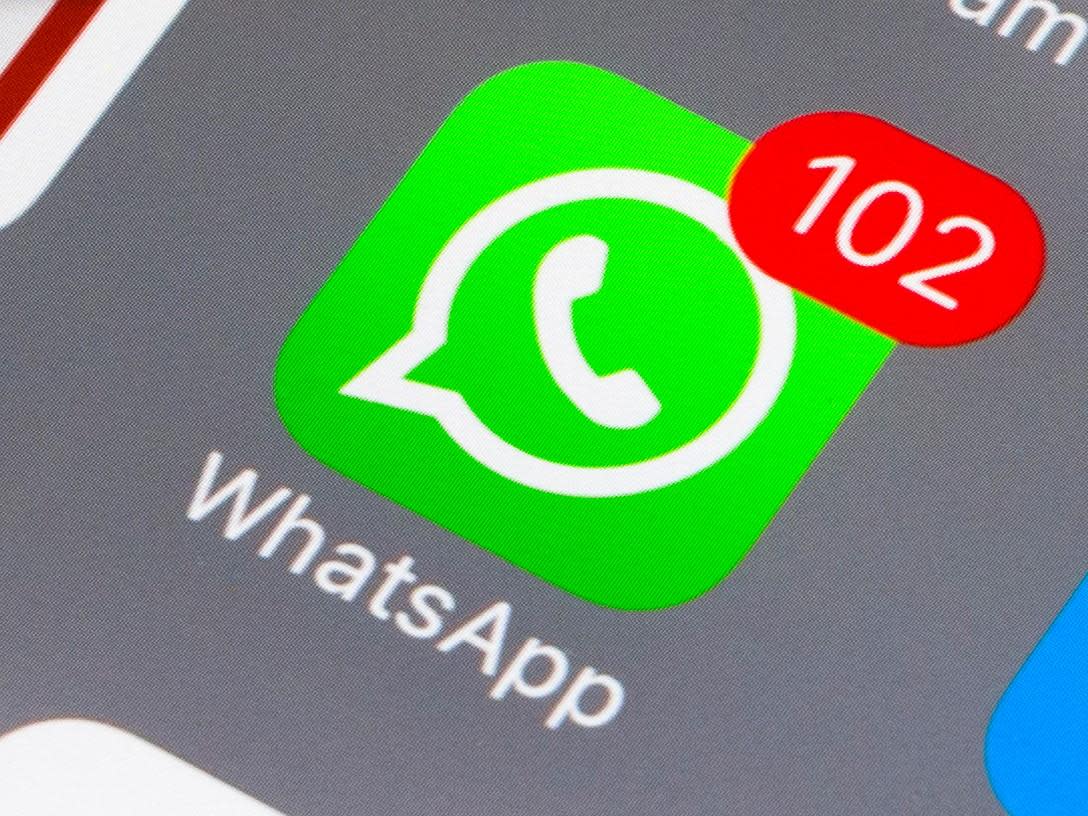WhatsApp is about to stop working for millions – what are the best alternatives?

WhatsApp will stop working on dozens of older phone models from 1 February, meaning millions of people will no longer have access to the world’s most popular messaging app.
The Facebook-owned app claims the mass cull is necessary in order to protect the security of its users, as it is no longer actively developing features and updates for certain older handsets.
Affected devices include any iPhones running iOS 8 or earlier, as well as Android phones running versions older than 4.03 – also referred to as Ice Cream Sandwich. (The Independent has put together a list of every device affected.)
Any WhatsApp users with Windows phones have already lost access, after a similar purge at the end of 2019.
While some users may choose to upgrade to a new smartphone to avoid the purge, this may not be an option for everyone. For those who are unwilling or unable to ditch their old phones, we’ve put together a list of the best alternatives.
Telegram
Arguably the most like-for-like messaging app to WhatsApp is Telegram, which supports many of the same features and even some extras.
Telegram founder Pavel Durov has consistently criticised WhatsApp for perceived security and privacy issues, most recently in a blog post on Thursday.

The Russian entrepreneur described WhatsApp as "dangerous", building on previous claims that it would never be secure.
His warning that "there hasn't been a single day in WhatsApp's 10 year journey when the service was secure" appeared to be confirmed earlier this month when it was revealed Jeff Bezos was hacked through a security flaw in the app.
With more than 200 million users, Telegram is therefore already a popular alternative for more privacy-focused users.
Viber
With around 260 million users, Viber is even more popular than Telegram. Its users tend to be more concentrated to certain regions, however, meaning it might be difficult to find friends using it unless you are from there.
Its core user base is in eastern Europe, north Africa and the Middle East, though there is a scattering of users elsewhere in the world.
It comes with group chat, instant voice and video messaging, as well as support for audio and video calls.
Similar to both Telegram and WhatsApp, all messages on Viber are end-to-end encrypted, while it also allows users to send timed self-destruct messages.
Signal
Endorsed by the world's most famous whistleblower Edward Snowden, Signal is the go-to app for people who's number one priority for a messaging service is privacy.
Unlike Telegram, it uses open-source encryption that allows security developers to test it for flaws and find bugs.

It is free and simple to use, however it does not support some of the more popular features of other messaging apps.
Available on all major platforms, it's a great alternative for anyone happy to go without animated emojis.
WeChat is the most popular app you may never have heard of, with nearly a billion people using it every day. Almost all of these users, however, are in China.
The versatile app has achieved such dominance in its native country by covers messaging, social media and mobile payments.
The multi-purpose app is also used by companies as a communication platform, while organisations also use official accounts as a platform to register for servicers.
Its popularity has led to fears that it is used for state surveillance activities, while also being heavily censored.​
Read More
